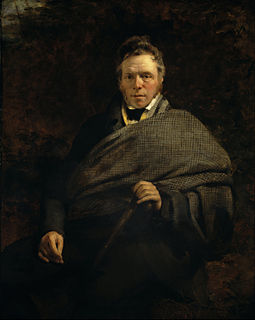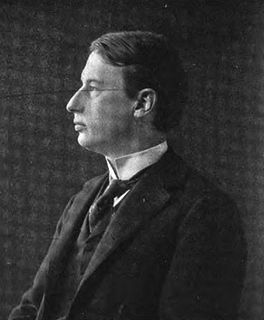A Quote by Stanislaw Ignacy Witkiewicz
There is not eternal damnation, the only rewards and punishments are right here in this world.
Quote Topics
Related Quotes
Temporal punishments are suffered by some in this life only, by some after death, by some both here and hereafter, but all of them before that last and strictest judgment. But not all who suffer temporal punishments after death will come to eternal punishments, which are to follow after that judgment.
God is angry with man. Unless we believe and repent we shall all be damned. It is impossible, indeed, for its advocates even to say this without instantly contradicting themselves. Their doctrine frightens them. They explain in various ways that a great many people will be saved without believing, and that eternal damnation is not eternal nor damnation.
The good of the governed is the end, and rewards and punishments are the means, of all government. The government of the supreme and all-perfect Mind, over all his intellectual creation, is by proportioning rewards to piety and virtue, and punishments to disobedience and vice. ... The joys of heaven are prepared, and the horrors of hell in a future state, to render the moral government of the universe perfect and complete. Human government is more or less perfect, as it approaches nearer or diverges further from an imitation of this perfect plan of divine and moral government.
We are born knowing nothing and with much striving we learn but a little; yet all the while we are bound by laws that hearken to no plea of ignorance, and measure out their rewards and punishments with calm indifference. In such a state, humility is the virtue of men, and their only defense; to walk humbly with God, never doubting, whatever befall, that His will is good, and that His law is right.
To overcome the anxieties and depressions of contemporary life, individuals must become independent of the social environment to the degree that they no longer respond exclusively in terms of its rewards and punishments. To achieve such autonomy, a person has to learn to provide rewards to herself. She has to develop the ability to find enjoyment and purpose regardless of external circumstances.






































